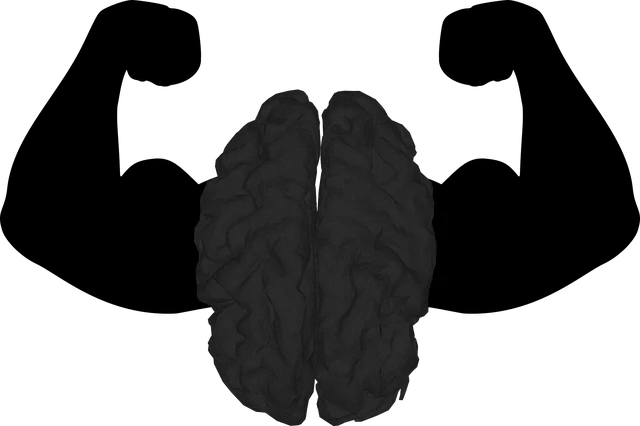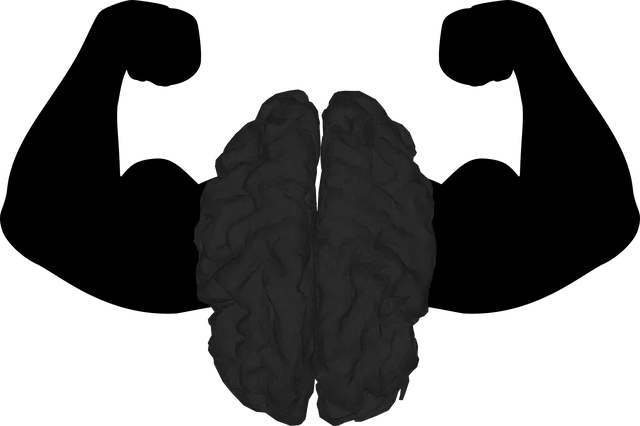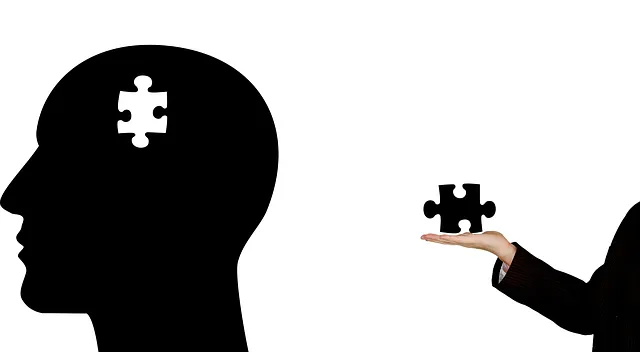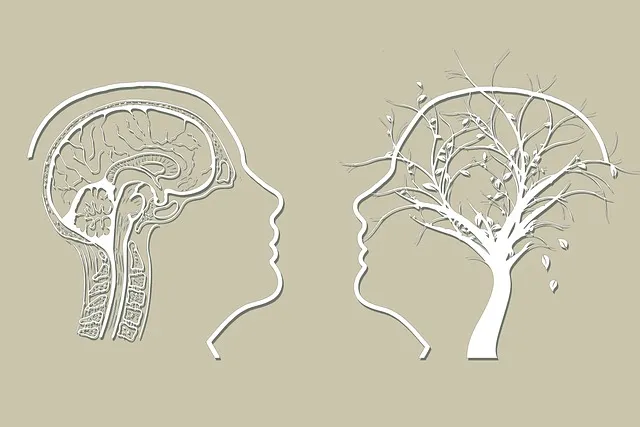Littleton Kaiser Permanente's expert mental health providers offer comprehensive care, combining policy advocacy with evidence-based treatments like Cognitive-Behavioral Techniques (CBT) for effective mood regulation. They empower patients through self-reflection via Mental Wellness Journaling and promote holistic well-being with lifestyle adjustments such as exercise, diet, and mindfulness practices. The team also prioritizes burnout prevention, recognizing its impact on healthcare providers' mental health, ultimately enabling long-term emotional management and resilience.
In today’s fast-paced world, effective mood regulation strategies are essential for maintaining optimal emotional well-being. This article explores various techniques and practices designed to help individuals manage their moods, drawing insights from the expertise of Littleton Kaiser Permanente mental health providers. We delve into cognitive-behavioral techniques, lifestyle adjustments, and complementary practices, offering a comprehensive guide to achieving and sustaining emotional balance.
- Understanding Mood Regulation: The Role of Littleton Kaiser Permanente Mental Health Providers
- Cognitive-Behavioral Techniques for Effective Mood Management
- Lifestyle Adjustments and Complementary Practices for Optimal Emotional Well-being
Understanding Mood Regulation: The Role of Littleton Kaiser Permanente Mental Health Providers

Understanding Mood Regulation is a multifaceted process, and Littleton Kaiser Permanente mental health providers play a pivotal role in assisting individuals navigate their emotional well-being. These professionals are equipped with expertise in Mental Health Policy Analysis and Advocacy, ensuring that patients have access to evidence-based treatments and resources tailored to their unique needs. By integrating this advocacy into care plans, they empower individuals to manage their moods effectively.
The mental health providers at Littleton Kaiser Permanente also offer practical guidance on Mental Wellness Journaling Exercises, a powerful tool for self-reflection and emotional intelligence. This practice helps patients identify patterns in their mood fluctuations, track progress over time, and develop strategies to cultivate resilience. Moreover, they emphasize Burnout Prevention Strategies for Healthcare Providers, crucial for maintaining optimal mental health within the demanding healthcare profession.
Cognitive-Behavioral Techniques for Effective Mood Management

Cognitive-Behavioral Techniques (CBT) have proven to be powerful tools for individuals seeking effective mood management. This approach, offered by experienced mental health professionals at Littleton Kaiser Permanente, focuses on identifying and changing negative thought patterns and behaviors that contribute to emotional distress. By challenging distorted thinking and replacing it with more realistic and positive thoughts, CBT helps individuals gain a greater sense of control over their emotions.
One key aspect of CBT involves learning coping strategies for stress management, which can be particularly beneficial through workshops or community outreach program implementations. These techniques empower individuals to navigate difficult situations with resilience, boost confidence in managing challenging emotions, and promote overall well-being. By integrating these cognitive and behavioral strategies into daily life, individuals can effectively regulate their mood and enhance their mental health.
Lifestyle Adjustments and Complementary Practices for Optimal Emotional Well-being

In pursuit of optimal emotional well-being, lifestyle adjustments and complementary practices play a pivotal role. The team at Littleton Kaiser Permanente mental health providers emphasizes the importance of holistic care, integrating various strategies to address mental health concerns effectively. Beyond traditional therapy and medication, adopting healthier habits can significantly influence one’s mood regulation capabilities. Simple yet powerful changes like regular exercise, a balanced diet, sufficient sleep, and mindfulness practices have been proven to boost emotional resilience and foster positive mental states.
Additionally, incorporating stress management techniques, such as yoga or meditation, can help individuals navigate the emotional healing processes with greater ease. These complementary practices not only enhance overall well-being but also serve as powerful tools for burnout prevention. By combining these lifestyle modifications with professional support from Littleton Kaiser Permanente’s dedicated team, individuals can cultivate a sense of confidence and better manage their emotional health in the long term.
In conclusion, mood regulation is a multifaceted process that involves understanding and managing our emotional states. The article has explored valuable strategies, from cognitive-behavioral techniques to lifestyle adjustments, all of which are essential for maintaining optimal emotional well-being. The role of Littleton Kaiser Permanente mental health providers cannot be understated; their expertise in these areas equips individuals with the tools to navigate and improve their mood regulation, ultimately enhancing overall quality of life.






